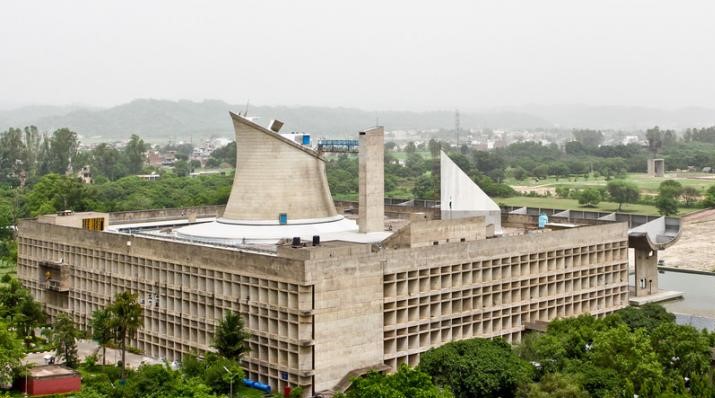 The legislative assembly of Punjab was designed to be a forum where elected representatives would voice the concerns of their constituents and fight for solutions to pressing problems. Yet today, a troubling reality has emerged: MLAs from both ruling and opposition parties remain conspicuously silent on critical issues affecting millions of Punjabis. This collective failure raises fundamental questions about the health of Punjab’s democracy and the priorities of those entrusted with public service.
The legislative assembly of Punjab was designed to be a forum where elected representatives would voice the concerns of their constituents and fight for solutions to pressing problems. Yet today, a troubling reality has emerged: MLAs from both ruling and opposition parties remain conspicuously silent on critical issues affecting millions of Punjabis. This collective failure raises fundamental questions about the health of Punjab’s democracy and the priorities of those entrusted with public service.
The Crisis of Accountability
Punjab faces a multitude of urgent challenges that demand legislative attention and action. The state’s agrarian economy is in distress, with farmers grappling with mounting debts, declining groundwater levels, and uncertain crop prices. The youth unemployment rate continues to climb, driving an exodus of talented young people seeking opportunities abroad. Infrastructure crumbles in both urban and rural areas, while healthcare and education systems struggle with inadequate resources and poor management. Drug abuse remains a persistent shadow over countless families. Yet when session after session convenes in Chandigarh, these existential threats to Punjab’s future receive little more than perfunctory mention, if they are discussed at all.
The silence is not born of ignorance. Every MLA knows these problems intimately—they encounter them during elections when they make grand promises, and they hear about them from constituents who approach them with desperate pleas for help. The question then becomes: why do these urgent matters disappear once the election results are announced and power is secured?
Political Calculation Over Public Service
One explanation lies in the transformation of politics from public service into pure power calculation. For many MLAs, the primary objective has shifted from representing people to securing their own political survival and advancement. Raising contentious issues can create complications—it might upset party leadership, alienate potential coalition partners, or expose one’s own party’s failures when in power. It is safer, many legislators have concluded, to remain quiet, collect their perks, and focus on consolidating their local political machinery for the next election.
Opposition parties, which should theoretically be motivated to highlight government failures, often fall into the same trap. Many opposition MLAs harbor ambitions of eventually joining the ruling party or forming their own coalitions. Maintaining cordial relationships across party lines becomes more important than aggressive advocacy for constituents. The result is a manufactured consensus of silence, where genuine debate is replaced by theatrical performances designed for social media clips rather than substantive policy change.
Failure of Democratic Institutions
The apathy of MLAs also reflects a deeper institutional decay. Committee meetings that should scrutinize government policies and expenditures often lack quorum or are reduced to rubber-stamp exercises. Question hour in the assembly, meant to hold the government accountable, frequently degenerates into scripted exchanges where difficult questions are deflected or simply not answered. When legislators do speak, their interventions are often centered on narrow constituency-level demands—a road here, a sanction there—rather than systemic issues affecting all of Punjab.
This institutional weakness is compounded by the lack of consequences for non-performance. MLAs face virtually no penalty for failing to attend sessions, for remaining silent on critical issues, or for neglecting their legislative duties. Without meaningful accountability mechanisms, there is little incentive for representatives to prioritize public welfare over personal or political interests.
The Way Forward
The people of Punjab deserve better. They deserve representatives who will use their legislative platform to demand action on unemployment, to push for agricultural reforms that protect farmers while ensuring sustainability, to insist on quality healthcare and education, and to hold governments accountable for their promises. Breaking this cycle of silence requires both institutional reforms—stronger mechanisms to enforce legislative accountability—and a political culture shift where electoral success depends not just on caste calculations and money power, but on demonstrated commitment to public welfare.
Ultimately, the responsibility also lies with voters. If Punjab’s citizens demand more from their MLAs, if they make legislative performance rather than party loyalty the basis of their electoral choices, if they organize to hold representatives accountable between elections, then the culture of silence can be broken. The voices of Punjab’s people can be amplified through their elected representatives, but only if those representatives are reminded, constantly and forcefully, of whom they are meant to serve.
Skip to content
Punjab Top New